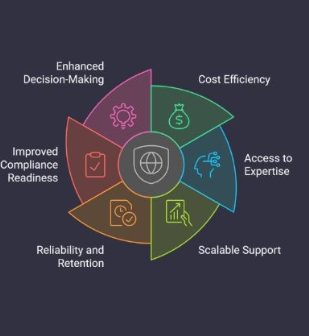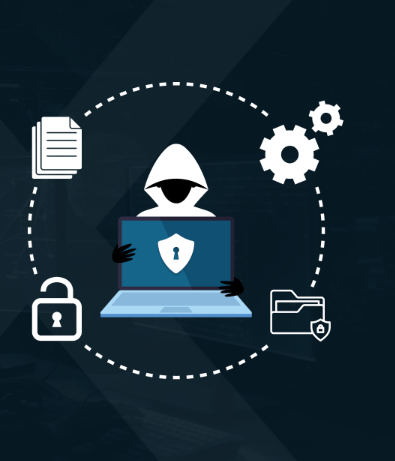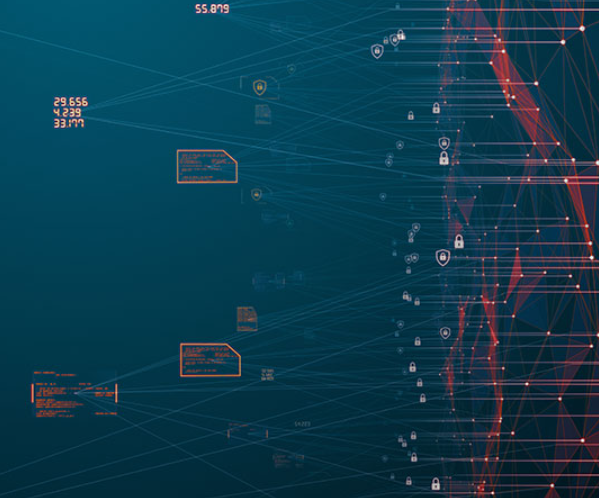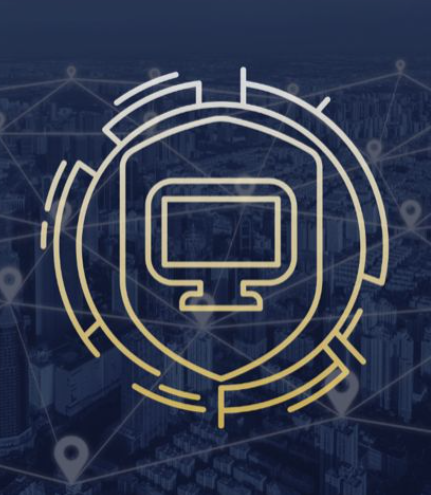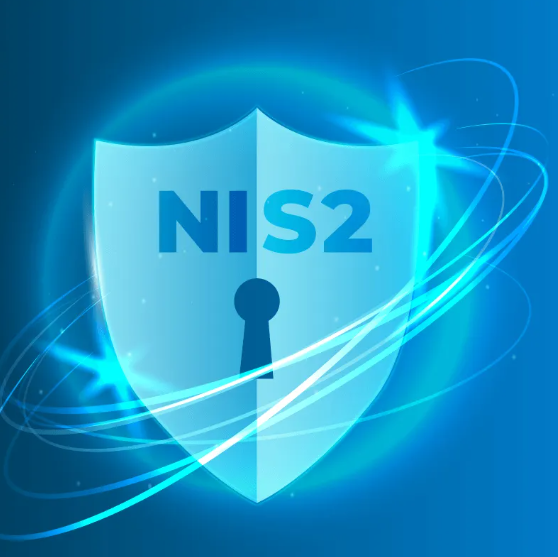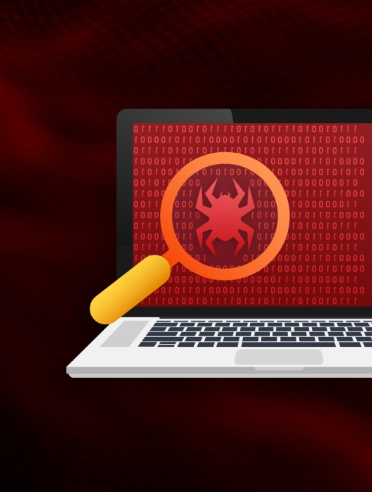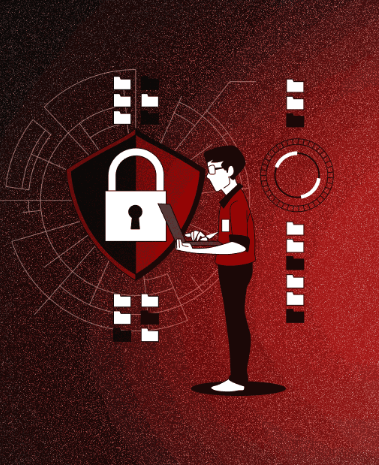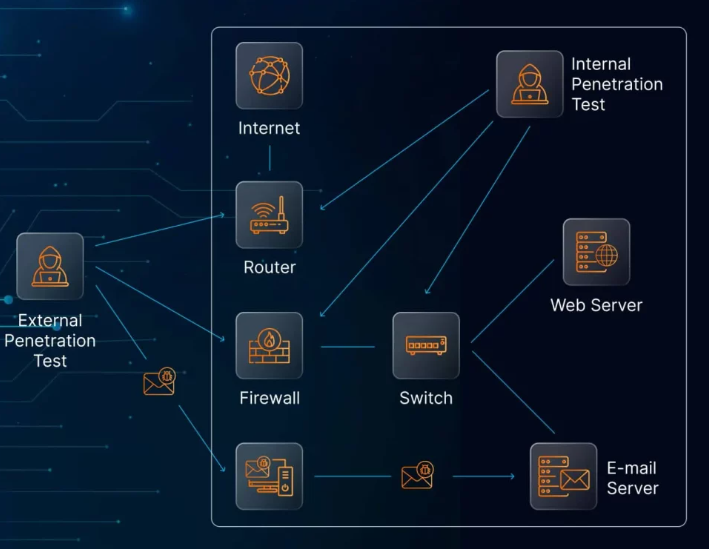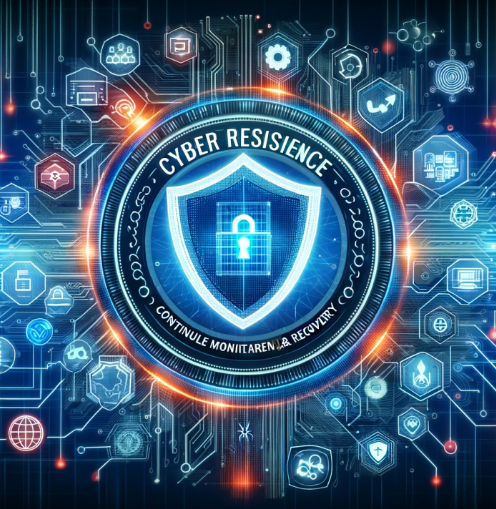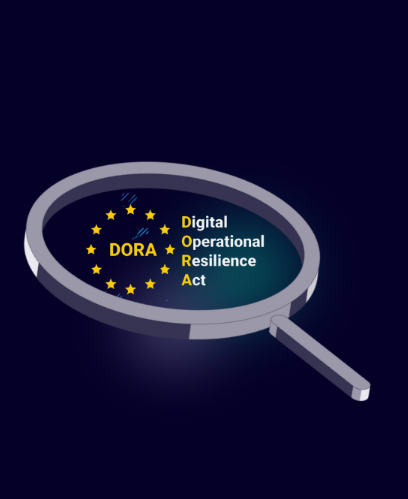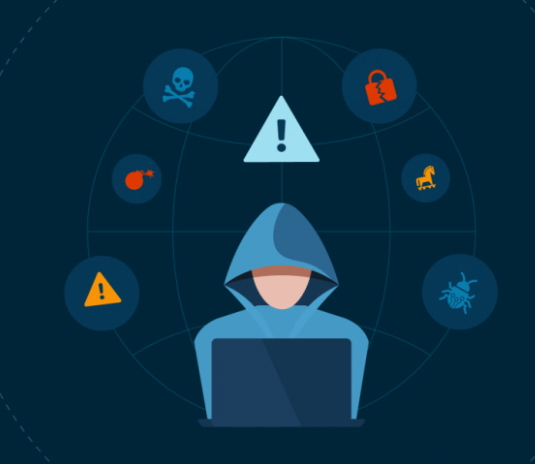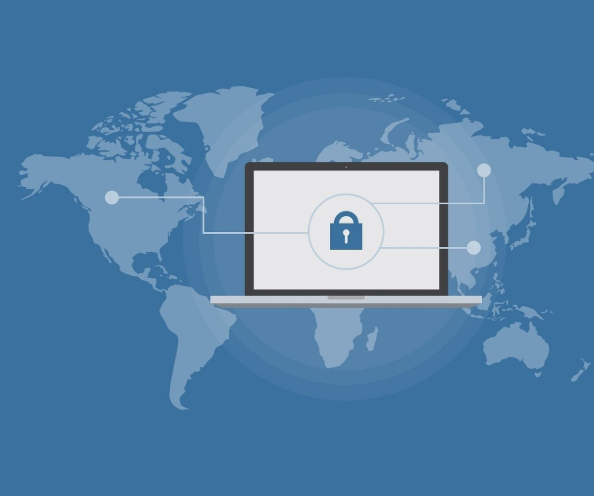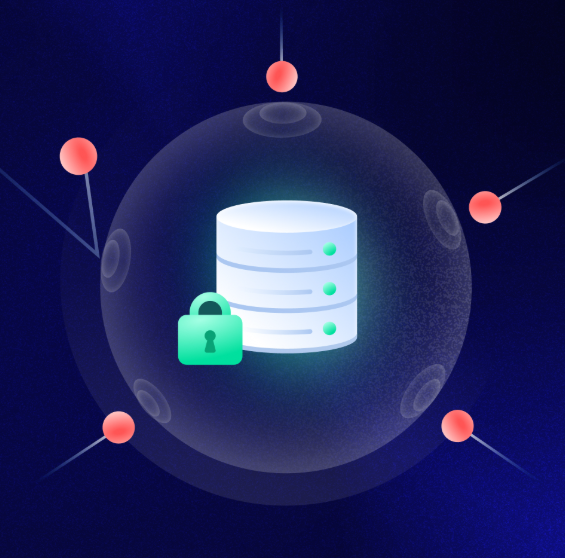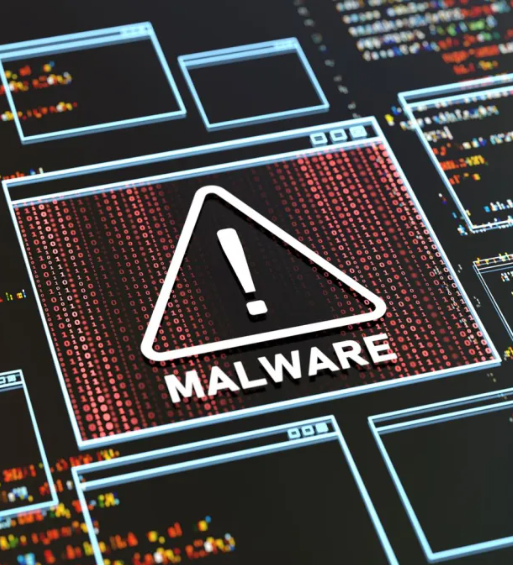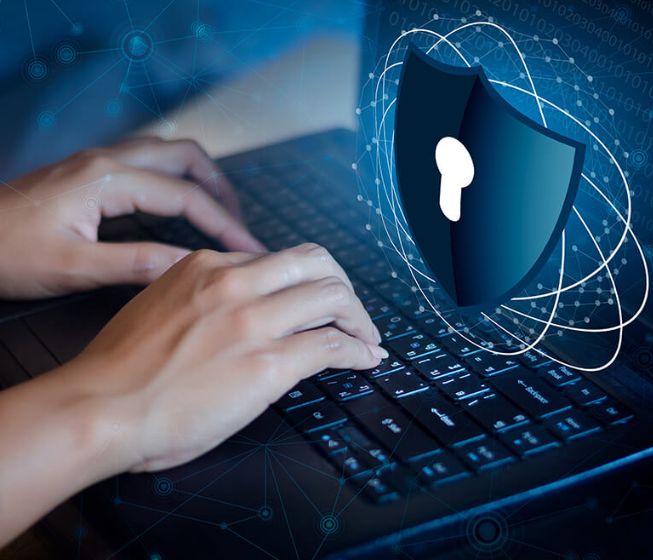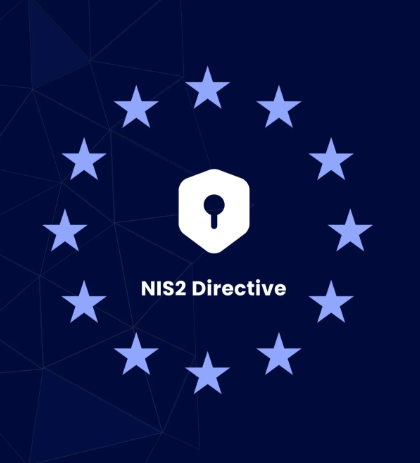
In today’s fast-evolving digital landscape, strong security leadership is crucial for organizations of all sizes. However, not every business has the resources to hire a full-time Chief Information Security Officer (CISO). This is where a Virtual CISO (vCISO) can provide significant value, offering top-tier cybersecurity guidance at a more accessible cost. In this post, we will examine the key differences between a CISO and a vCISO, highlighting the benefits of each, so your business can make an informed decision about which option best meets your security needs.
What is a CISO?
A Chief Information Security Officer (CISO) is a high-level executive responsible for managing an organization’s overall cybersecurity strategy. Typically employed full-time, the CISO oversees all aspects of the company’s cybersecurity posture, from risk assessments to crisis management. This role requires hands-on leadership, making it ideal for organizations with complex or highly regulated cybersecurity requirements.
CISOs are deeply embedded within the company, working closely with other departments and executives to ensure security measures are aligned with business goals. They develop and enforce cybersecurity policies, lead incident response efforts, and manage the organization’s security team, ensuring continuous protection against emerging threats.
What is a vCISO?
A Virtual CISO (vCISO) offers many of the same services as a full-time CISO, but on a part-time or contract basis. A vCISO brings a wealth of expertise from working with various organizations, allowing them to offer flexible, high-level strategic guidance. Instead of being a permanent in-house presence, a vCISO works on a project or retainer basis, providing advice as needed to address specific security challenges, compliance issues, or risk management concerns.
For companies that don’t require full-time security leadership, a vCISO provides the expertise they need without the cost and commitment of hiring a permanent CISO. This model offers scalability, allowing businesses to adjust their security strategy as needed, while maintaining cost-effectiveness.
CISO vs vCISO: Key Differences in Roles and Responsibilities
Both a CISO and vCISO focus on improving an organization’s cybersecurity posture, but their methods and areas of involvement vary.
Responsibilities of a CISO:
- Strategic Oversight: A CISO is responsible for crafting and executing the company’s cybersecurity strategy, ensuring it aligns with business objectives.
- Risk Management: CISOs conduct ongoing risk assessments to identify vulnerabilities and manage cybersecurity risks through proactive measures.
- Compliance: They ensure the organization complies with relevant cybersecurity regulations and standards, such as GDPR or HIPAA, by developing and enforcing internal policies.
- Team Leadership: The CISO manages the security team, overseeing hiring, training, and resource allocation.
- Crisis Management: During a security breach or cyber attack, the CISO leads the organization’s response, minimizing damage and restoring normal operations.
- Executive Communication: CISOs regularly update executives and board members on the company’s security status, emerging threats, and incident response plans.
Responsibilities of a vCISO:
- Strategic Advisory: A vCISO provides expert advice on security strategy, helping organizations assess current threats and develop long-term security goals.
- Risk Assessment: Similar to a CISO, a vCISO conducts risk assessments, but typically provides more flexible, on-demand guidance tailored to an organization’s needs.
- Compliance Support: A vCISO helps ensure the company complies with cybersecurity regulations, offering expertise on regulatory frameworks and required security controls.
- Policy Development: A vCISO assists in crafting security policies and procedures, ensuring they align with best practices and industry standards.
- Incident Response: A vCISO works with the organization to develop and test incident response plans, ensuring the team is prepared for potential security breaches.
- On-Demand Expertise: One of the main advantages of a vCISO is their ability to provide services as needed, offering support during projects, audits, or specific security initiatives.
Cost Comparison: vCISO vs CISO
Choosing between a full-time CISO and a vCISO often comes down to budget considerations.
- vCISO: A vCISO provides the same high-level cybersecurity expertise as a CISO, but at a fraction of the cost. Since they typically work on a contract or hourly basis, businesses can access expert services without the financial burden of a full-time salary, benefits, and other employment-related expenses.
- CISO: Hiring a full-time CISO requires a significant financial investment. Besides salary, there are additional costs, such as benefits, training, and other overheads. While this can be a worthwhile investment for larger companies with complex cybersecurity needs, it can be prohibitive for smaller businesses.
Flexibility and Scalability
- vCISO: One of the biggest advantages of a vCISO is their flexibility. They can scale their services based on the company’s evolving needs. This makes them an excellent choice for businesses that require cybersecurity support intermittently or for specific projects.
- CISO: A full-time CISO offers consistent leadership but lacks the flexibility to adjust based on fluctuating business demands. During periods of lower security activity, a full-time CISO might not be fully utilized.
Industry Expertise
- vCISO: A vCISO typically brings diverse industry experience, working across multiple sectors and gaining insights into various cybersecurity challenges. This broad exposure allows them to offer innovative solutions and best practices, which can be highly valuable for businesses facing a wide range of security threats.
- CISO: While a CISO is deeply knowledgeable about the organization’s specific cybersecurity needs, they may not have the same broad industry experience. This could limit their ability to adapt to emerging threats or provide insights into best practices used in other industries.
Which Option is Right for Your Organization?
The decision to hire a CISO or a vCISO depends on the size, complexity, and resources of your organization.
- Full-Time CISO: Larger organizations or those in highly regulated industries, such as healthcare or finance, may require the hands-on leadership and continuous oversight of a CISO. If your company deals with large volumes of sensitive data or faces frequent cyber threats, a full-time CISO offers the security and leadership you need.
- vCISO: Smaller businesses, startups, or organizations with limited resources can benefit from the strategic guidance of a vCISO. With a vCISO, you can scale your security operations as needed, gaining expert support for compliance, risk management, and incident response without the overhead of a full-time executive.
Final Thoughts
Both a CISO and vCISO play vital roles in enhancing an organization’s cybersecurity posture, but the right choice depends on your company’s needs, size, and budget. A CISO offers consistent, in-house leadership, making it ideal for larger organizations with complex security requirements. On the other hand, a vCISO provides flexibility, cost-effectiveness, and access to a broad range of expertise, making it a great option for businesses seeking scalable security support.
By carefully assessing your organization’s needs and resources, you can select the right security leadership model that will ensure robust protection against cyber threats and contribute to long-term business success.




